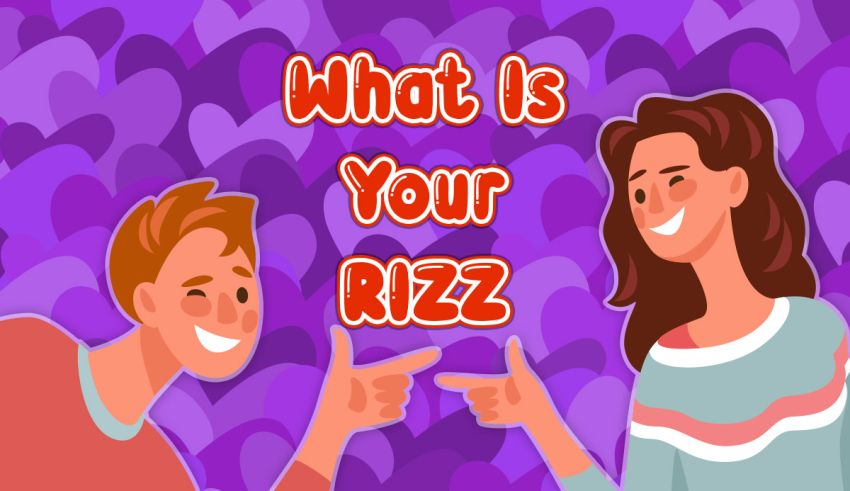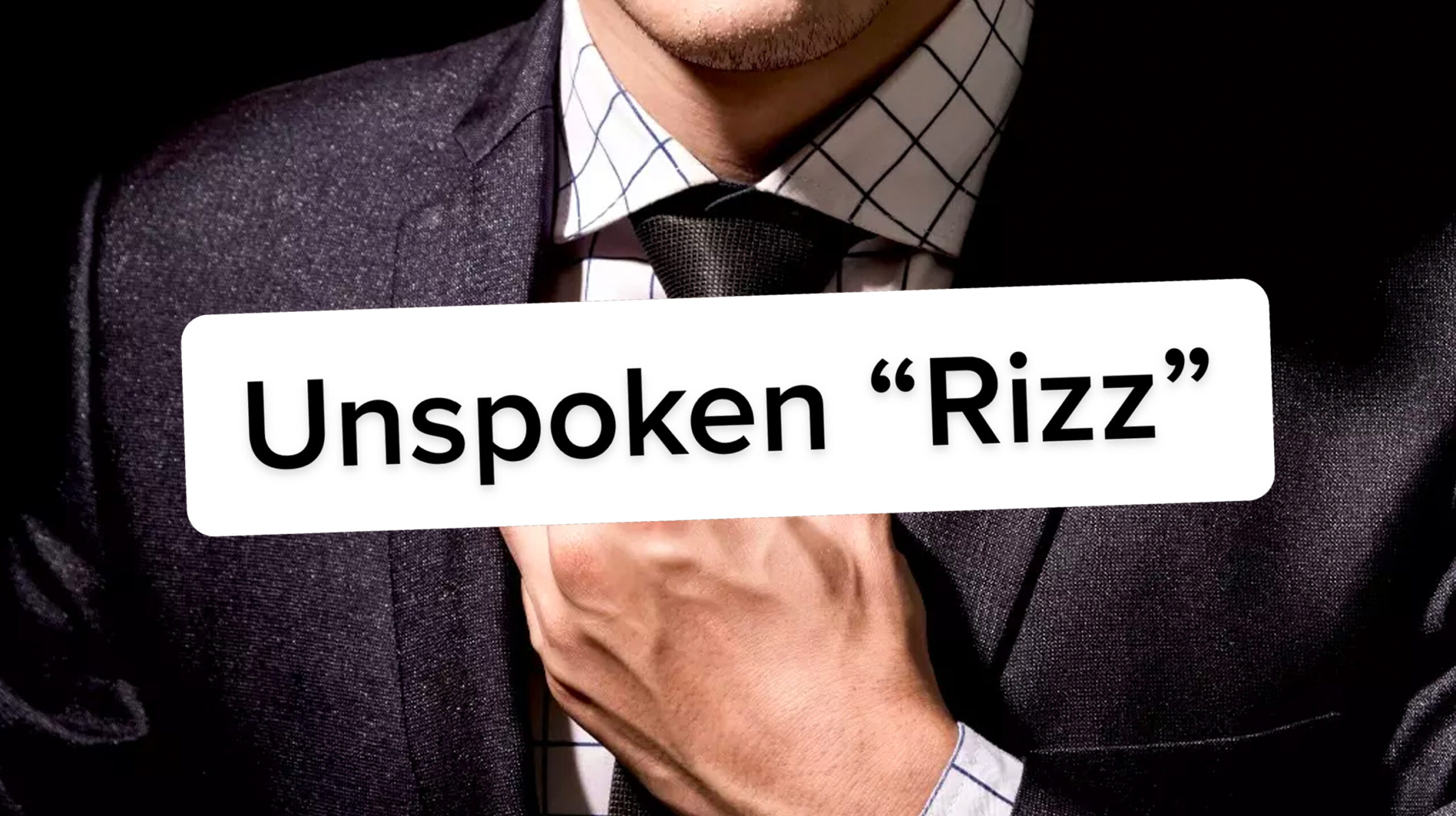By Evridiki Fatolia,
Do you know what the frizz mean and why was it found in the Oxford Dictionary? Every year, the dictionaries in charge of the Oxford Dictionary update the dictionary. In 2022, more than 650 new words were added. Usually, slang, words of pop culture, and technological terms.
The word named “The Word of the Year” for 2023 by Oxford University Press is rizz. A word used on the Internet by millennials and zoomers to say that someone is strong in flirting, has charm and his aura is magnetic. It is synonymous with charm, attractiveness, and the ability to attract or seduce. It was one of the eight words on a short list with great popularity on TikTok.
According to the Oxford University Press (which also publishes the Oxford Dictionary). The dictionaries have understood that the words created by the younger generations on the Internet must be included in the dictionary because they define their culture. And of course, they have an impact on society because language is constantly changing as a living organism. The Americans (in the Merriam-Webster dictionary) included frizz in the list of top words of the year, although the top belongs to the word “authentic”.

More than 30,000 language enthusiasts participated in creating the list of 8 words by Oxford University Press and put it in a vote (four days) in the English-speaking audience. The 8 finalists for the Oxford Dictionary were the following words: frizz, Swiftie (an enthusiastic fan of Taylor Swift), prompt (a directive given to an artificial intelligence program), de-influencing (the practice of discouraging people from buying certain products), beige flag (beige flags are as subjective as red flags on TikTok, commonly used for the boring guy on a date, not good or bad) and situations (a sexual relationship that is not considered official), heat dome (monopoly high-pressure system in a particular geographical area), parasocial (when you think a famous person is something like your friend, this is a monotonous sense of intimacy).
Every year, the Oxford University Press selects a word or phrase that somehow reflects how we have communicated over the past 12 months. Most of the words my mom doesn’t know. It’s, however, the way Zoomers speak in TikTok. Rizz for example, can also be used in common language now (it is also in a dictionary), as a verb (to rizz up= charm). In November, the dictionaries working on the Collins dictionary revealed their word of the year for 2023, it is artificial intelligence.
The language of the children of 2022- like any language, is influenced by the trends of the time. The new generations grow up in front of screens, your fast speed is their average speed, trappers, YouTubers and TikTokers are their people of influence, and the greeklish is the language in which they express themselves best than their mother tongue. As we can understand language follows the rules and trends of each society and they are walking hand by hand. But is that a healthy relationship or a red flag?
This survey in my opinion not only shows the evolution but also demonstrates the intentions and we could say that somehow predicts the future. Maybe in reality the rich of the language is in danger because of the extensive use and now the official introduction of the slag on our everyday life. Maybe the introduction in the Oxford Dictionary of these terms leads to a replacement of the ‘’official ‘’ words we used to use and finally to a poorer vocabulary. And that is a red flag!
After all, these are only predictions and only a proper educational system could guarantee the quality and the sustainability of each unique language.
References
- rizz. Merriam-Webster Dictionary. Available here




